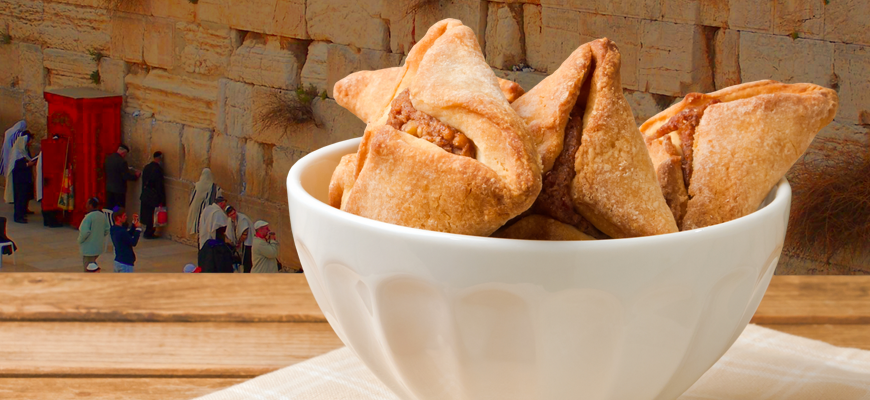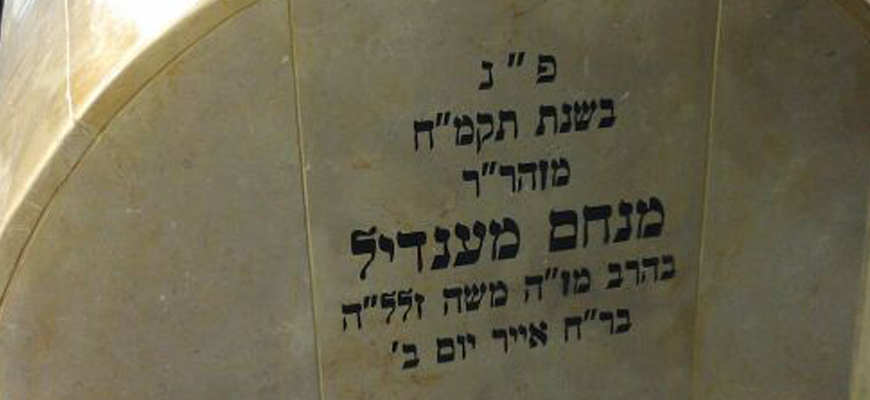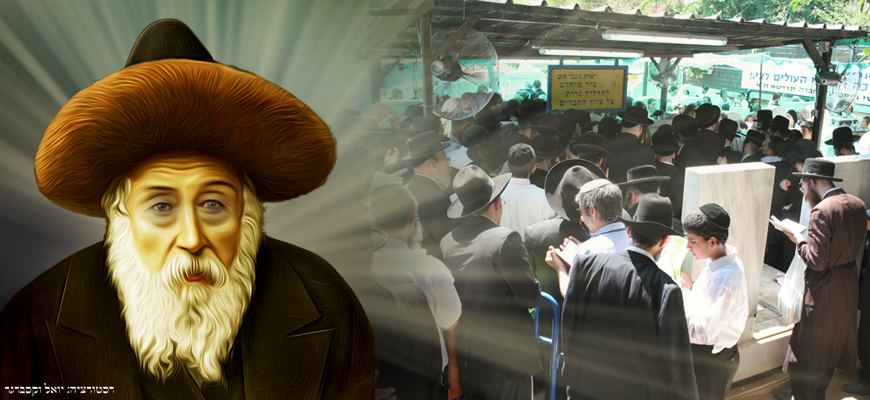The essence of the Kaddish is the prayer for the increase and sanctification of God’s name, and the manifestation of His kingdom in the world. The wording יתגדל ויתקדש – is based on the pasuk in Yechezkel: “וְהִתְגַּדִּלְתִּי וְהִתְקַדִּשְׁתִּי וְנוֹדַעְתִּי לְעֵינֵי גּוֹיִם רַבִּים”. In most versions (apart from the Ashkenaz version) there is also a pryer for the nearness of redemption and the coming of the Mashiach
What.
Kaddish is a form of prayer said in the Aramaic language. There are several types of Kaddish: Chatzi Kaddish, Kaddish Titkabal, Kaddish Yaha Shlama, Kaddish Darbanan, Kaddish Hagadol. Originally, the Kaddish was said after reading an Agada, but gradually it entered the public prayers in the synagogues. The Kaddish is integrated between the prayers, it is said at the end of the standing prayer, after finishing sections of the prayer (after the Psukay Dezimra, Alenu and Halel, etc.) and after memorizing the Torah.
The essence of the Kaddish is the prayer for the increase and sanctification of God’s name, and the manifestation of His kingdom in the world. The wording יתגדל ויתקדש – is based on the pasuk in Yechezkel: “וְהִתְגַּדִּלְתִּי וְהִתְקַדִּשְׁתִּי וְנוֹדַעְתִּי לְעֵינֵי גּוֹיִם רַבִּים”. In most versions (apart from the Ashkenaz version) there is also a pryer for the nearness of redemption and the coming of the Mashiach: “ויצמח פורקניה, ויקרב משיחיה” (and salvation will grow, and the coming of the Mashiach will be near). Since the main theme of the Kaddish speaks of the sanctification of God in the world, the Sages considered it very important, and even said that “Anyone who says Amen Yeah Sheme Rabba with all the power (in full his intention) – it tears up his sentence of seventy years” (שבת קיט ע”ב), and the Kabbalists also wrote that the Kaddish raises the prayer in its various stages, in the various degrees of sanctity.
Why.
The Kaddish is said in Babylonian Aramaic – the language of the Gemara. This fact originates from the popularity of the “Kaddish”, which was corrected to say in the language that was the language of the people during the Talmud period, like other prayers that were preserved in the language of the people due to being in the public domain. According to the Kabbalah, the angels who raise the text of the prayer test the holiness of the person praying. If the person is not decent enough in his actions, there is a fear that the angels will block the gates of his prayer. All this if the person praying speaks in Lashon Hakodesh, but in other languages, including Aramaic, the angels do not understand the words and therefore cannot prevent the prayer from being accepted. For this reason, it was decided to say certain parts of the prayer specifically in the Aramaic language: “Brich Shmei” – before the Kaddish or the taking out of the Sefer Torah.
Something to finish.
The most famous Kaddish is ‘Kaddish Yatom’. The reasons for this are that the Kaddish is a prayer to honor and uplift the soul of the deceased, as well as to increase the sanctification of God’s name, and to show that even in difficult situations we accept the law of heaven upon ourselves with love.
Saying Kaddish Yatom over the deceased is a custom, and has no origin in the Babylonian Talmud or the Jerusalem Talmud. Also, this custom does not appear in the Mishna Torah of the Rambam.The Beit Yosef cites the words of Orchot Chaim who wrote that the reason for saying Kaddish Yatom is rooted in the legend given in Beit Yosef: “Once a certain rabbi met a dead man who was choping wood and was carrying it on his shoulder. He said to him: My son, why are you doing this?, The man answered: Rabbi, this is my judgment, to be brought into the fire of hell evry day. The rabbi asked: And there is no one who can save you from this great sorrow? And he answered: There is no one who will save me, unless my son will say Kaddish or Haftarh for me, and if he does so I know that his right will stand up for me and defend me. And the rabbi came and said this to the dead man’s son and he did everything he said. Later, the dead man appeared to the wise man mentioned and said to him, rest your mind that you have rested my mind.”
(Rabbi Zuriel Gavizon – Hidabrot)







